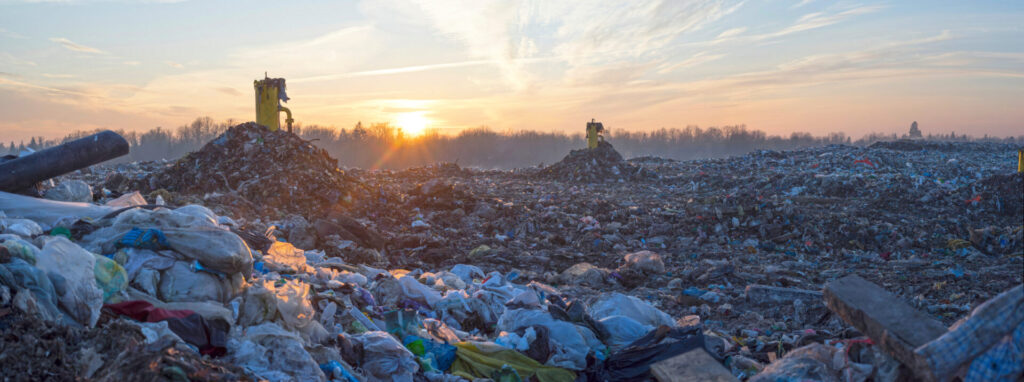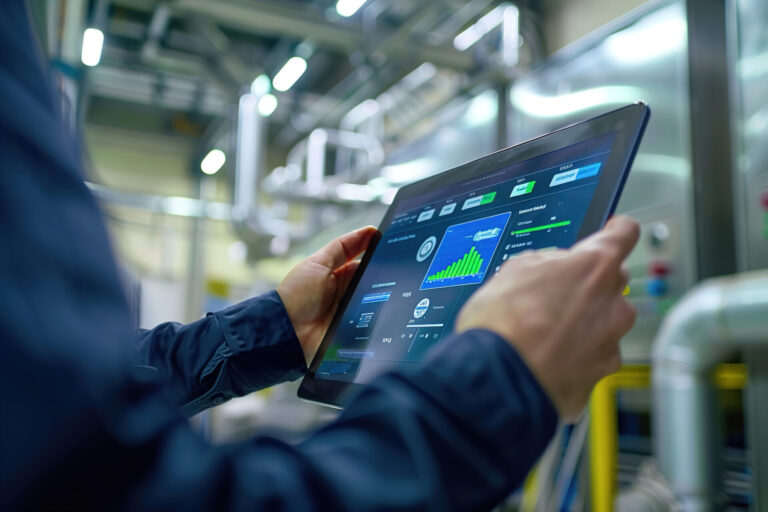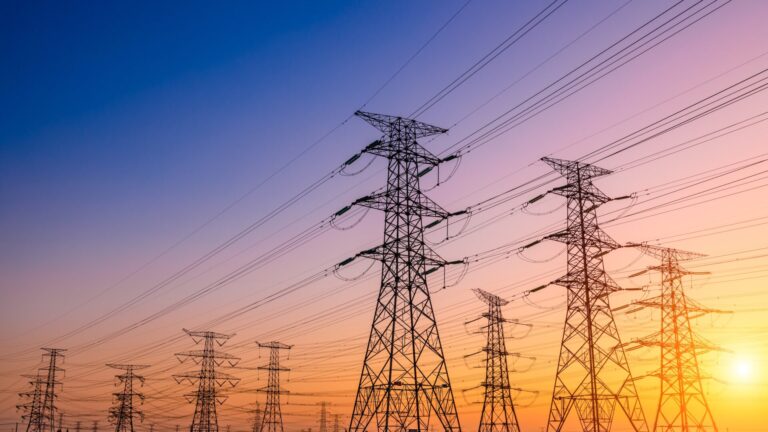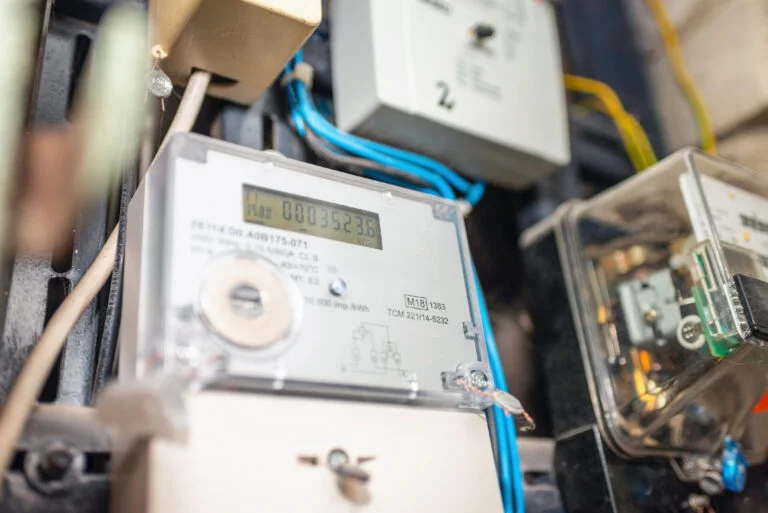The UK’s journey towards net-zero has taken a significant step forward, with energy-from-waste (EfW) facilities now playing a pivotal role in sustainable energy generation. One of the latest milestones is the announcement of a new energy-from-waste facility, which powers nearly 40,000 homes. This development underscores the potential of integrating waste management with energy production to support the UK’s green transition.
The newly launched facility converts approximately 210,000 tonnes of non-recyclable waste each year into electricity by incineration. This is the equivalent of over three million large wheelie bins of waste, effectively reducing landfill usage and cutting methane emissions—a potent greenhouse gas. The electricity generated not only supplies local homes but also helps alleviate pressure on the national grid, offering a circular economy solution that maximises both environmental and energy benefits.

Waste-to-Energy and the Path to Sustainability
This EfW facility has significantly contributed to the local energy landscape, processing household and commercial waste to produce enough electricity to meet the demands of nearly 40,000 homes. In doing so, it reduces reliance on fossil fuels while helping communities handle their waste in a more sustainable way.
The efficiency of such plants plays a crucial role in tackling two major environmental issues at once: waste reduction and sustainable energy production. By diverting waste from landfills and converting it into useful energy, EfW facilities are contributing to the UK’s energy security and its commitment to cutting carbon emissions.
Heat Networks Powered by Waste Energy
Another promising advancement comes from heat networks powered by energy-from-waste sources. These district heating systems distribute heat generated by centralised sources, such as EfW plants, to homes and businesses through a network of pipes. A recent report indicates that heat networks utilising waste energy could become a key factor in boosting the UK’s efforts to reach its net-zero targets.
The benefits of waste-powered heat networks are twofold: they increase energy efficiency by providing both heat and power from a single source, and they reduce the carbon footprint of heating systems, which account for a significant share of the UK’s overall emissions. Expanding such networks would help transition the nation away from gas-reliant heating systems, further decarbonising its energy mix.
The Road Ahead for Waste-to-Energy
As the UK continues to ramp up its decarbonisation efforts, waste-to-energy facilities are proving to be a versatile tool in the nation’s strategy. By turning waste streams into both heat and electricity, they offer a dual-purpose solution that not only tackles the waste crisis but also enhances the UK’s renewable energy capabilities.
The combination of energy-from-waste plants and heat networks provides a scalable and sustainable way to meet the increasing demand for clean energy, reduce landfill use, and cut greenhouse gas emissions. With further investment and government support, waste-to-energy solutions could become a cornerstone of the UK’s net-zero strategy.






